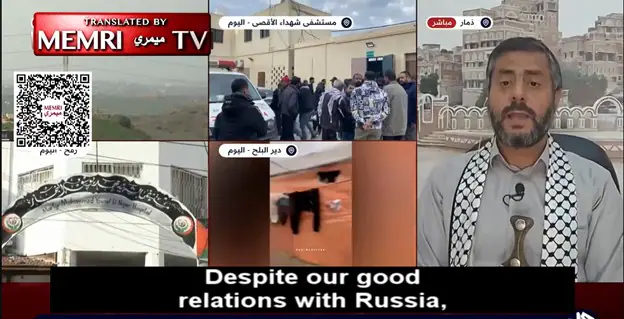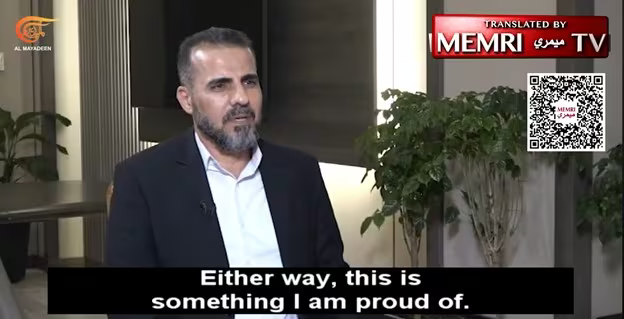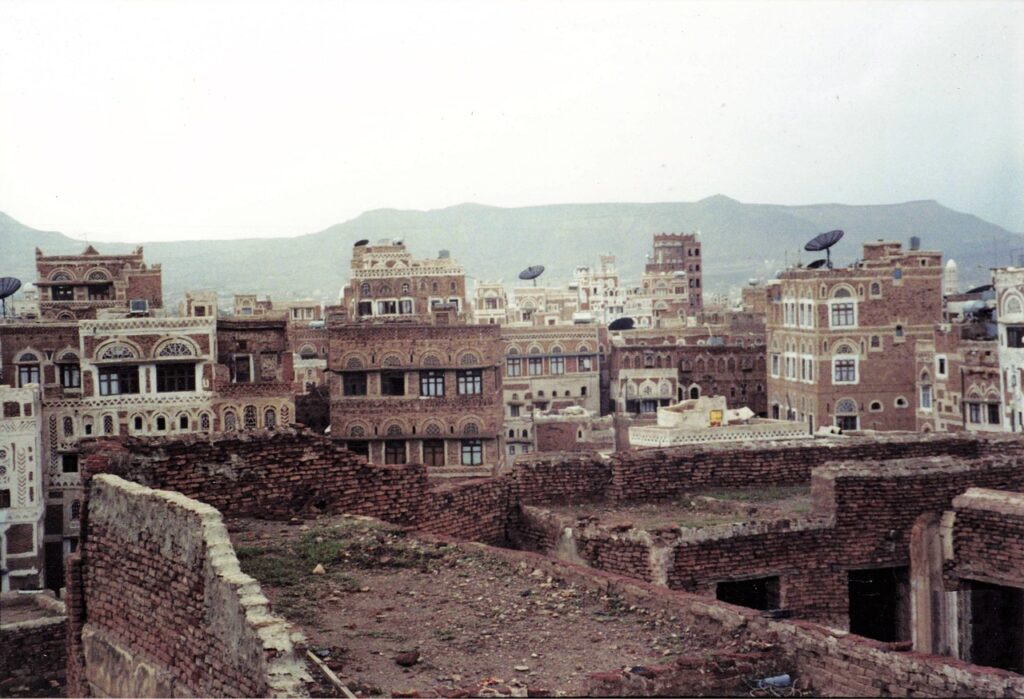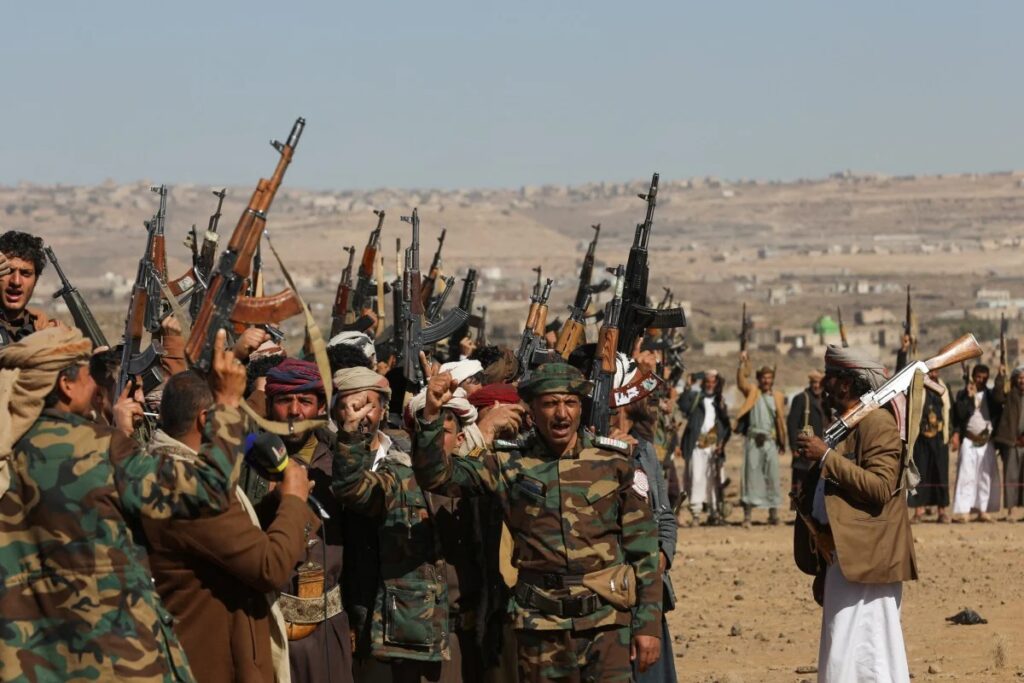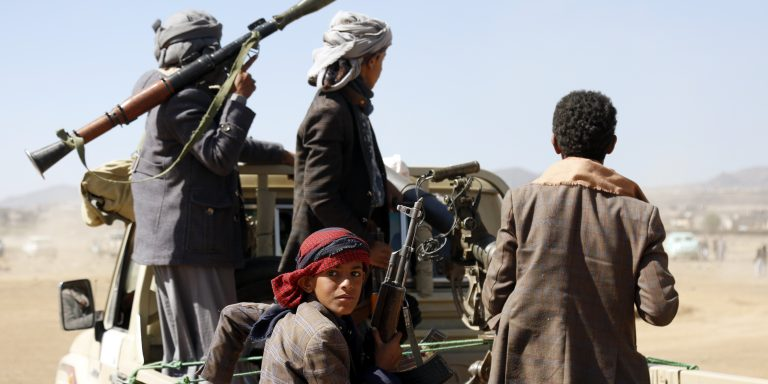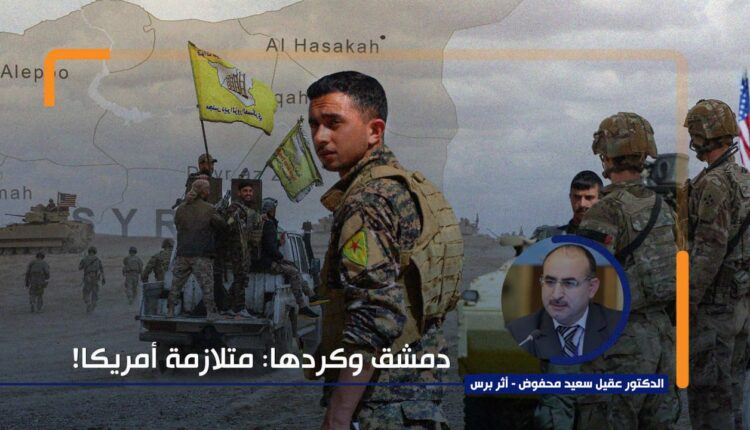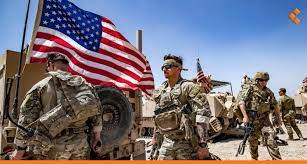How Russia Stopped Ukraine’s Momentum/ Iran’s New Best Friends,
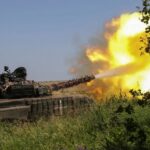
How Russia Stopped Ukraine’s Momentum
A Deep Defense Is Hard to Beat
Many held high hopes for Ukraine’s 2023 summer offensive. Previous Ukrainian successes at Kyiv, Kharkiv, and Kherson encouraged expectations that a new effort, reinforced with new Western equipment and training, might rupture Russian defenses on a larger scale and sever the Russian land bridge to Crimea. If it did, the thinking went, the resulting threat to Crimea might persuade Putin to end the war.

